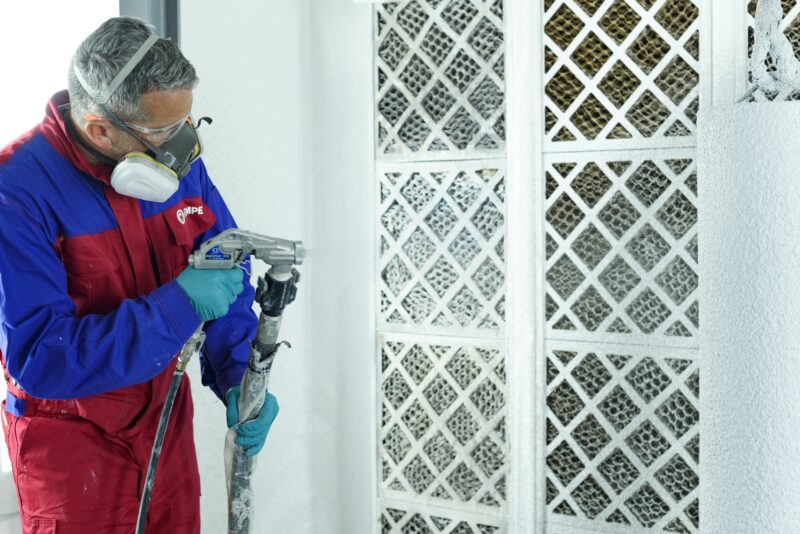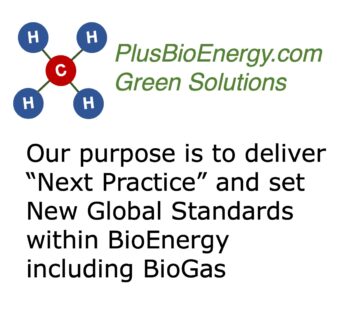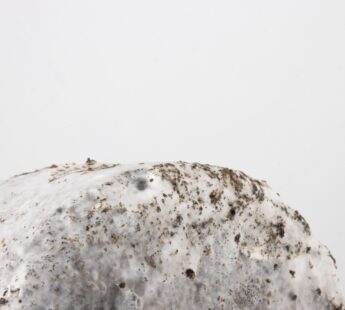Hempatherm offers a comprehensive suite of features, designed to meet the diverse needs of our customers, but also of our applicators working in the field. Notably, it provides high film build per coat, which reduces application labour costs. The products are non-hazardous, and zero VOC, which minimises worker exposure to hazardous solvents and chemicals. The Hempatherm system is non-flammable, which means that it can be applied on hot surfaces up to 150°C (300°F), without shutting down operations.
When it comes to CUI, Hempatherm’s operation range almost exactly covers the temperature range that is characterised by CUI, from -25°C up to 177°C (350°F). Additionally, the system can be used for personal protection from burns, while also effectively preventing solar heat gain, thereby contributing to energy conservation.
What truly distinguishes Hempatherm from traditional mechanical insulation systems are two things: Hempatherm’s ability to stop CUI and its long-term durability. All traditional mechanical insulation systems have seams that allow water to enter, thereby reducing the insulation’s effectiveness and thermal performance – and even if the traditional insulation is hydrophobic, water can still get behind it. Hempatherm is seamless, hydrophobic, and bonded directly to the substrate, which means that the thermal performance stays constant for Hempatherm’s service life, while simultaneously preventing CUI.
Secondly, traditional mechanical insulation uses a jacket as its primary weather barrier. The jacket is most often made out of thin metal, which is not very impact resistant. It cannot be stepped or walked on, and damage to the jacketing is often characterised as a primary reason for water ingress. The Hempatherm system has a very high impact resistance and a 15-year weathering durability testing, with no water ingress, even if the primer is damaged during installation. The product is designed for atmospheric service, but was also shown to handle intermittent immersion in water.











